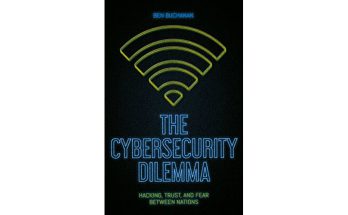Communications of the ACM, April 27, 2020
BLOG@CACM: The COVID Catalyst
By John Arquilla
The coronavirus pandemic has, like its predecessors from the Black Plague to the Spanish Flu, once again demonstrated the great vulnerability of social and economic systems to microbes. Yet, it may be that there is an important difference this time around. The bubonic plague of the 14th century completely disrupted the huge Mongol Empire and killed off a third of the population of Europe. The flu that hit at the end of World War I killed tens of millions as well. But this time around, advances in medicine – and skillful use of information technology for hotspot detection and backtracking contacts, among other functions – will, in addition to sheltering in place, keep the cost of corona in lives lost relatively low.
That the world has recourse to such boons to lifesaving ought to be seen as very good news, despite the huge economic costs and serious psychological damage inflicted by the virus. And, if we’re able to look a little deeper, there may be even more good news. For beyond reducing the toll taken in lives by COVID, some mitigating measures put in place may have profoundly beneficial effects if they are continued, or perhaps even expanded upon. Three areas of activity come quickly to mind.
- The most obvious improvement, literally visible already, has been to air quality in metropolitan areas…
- The response of the educational sector is less well developed at this point. But the use of networking systems has proved there is a way to continue to educate via distance learning…
- The third area of opportunity that COVID may catalyze is the possibility of networking medical research. … What we don’t want to see is what is happening right now; medical research activities are being subjected to a steady stream of hacks. … We have international policing entities that will surely need to be increasingly attentive to this threat…
Progress in each of these areas, however, is wholly dependent upon robust cybersecurity. Without a solid virtual foundation, the ability to move forward in any of these areas will always be held at risk.
About the Author:
John Arquilla is Distinguished Professor of Defense Analysis at the United States Naval Postgraduate School. The views expressed are his alone.






